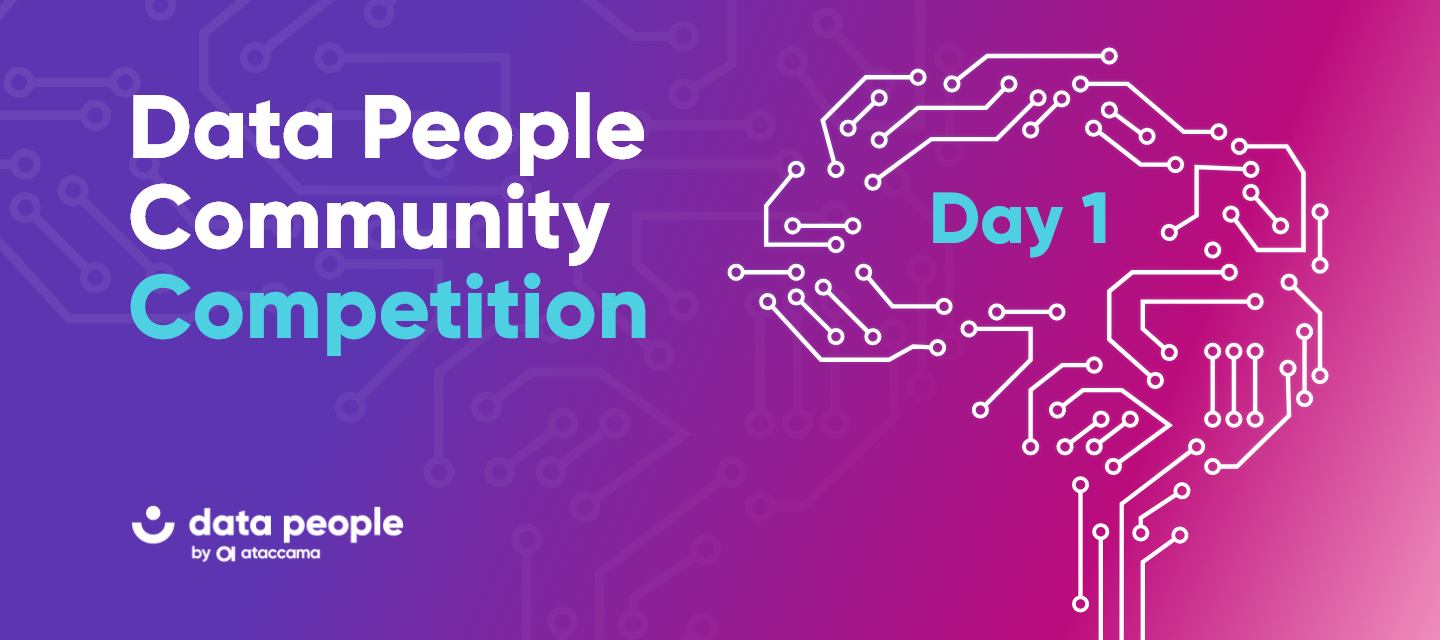Hi everyone!
I'm so excited to kick off our first Data People Community competition, learn and have some fun together🎉
Now...ready for the first challenge?
Today's challenge is all about discussing the immense opportunities, benefits, and strengths that Generative AI and LLMs bring to our work. We want to hear your valuable insights!
What are your thoughts on the most significant opportunities, benefits, and strengths of Generative AI, LLMs to your day-to-day or long-term work?
Share your opinion in the comments below for a chance to win a $50 Amazon voucher 🎁
We'll be announcing today's winner tomorrow, challenge number 2 will be live then also. One winner will be chosen at random. The competition ends on Monday, June 5, 11 pm PT, and the winner will be announced the following day. You can find the T&Cs for today’s challenge attached.
We're excited to see your contributions!
Happy posting ✍️










